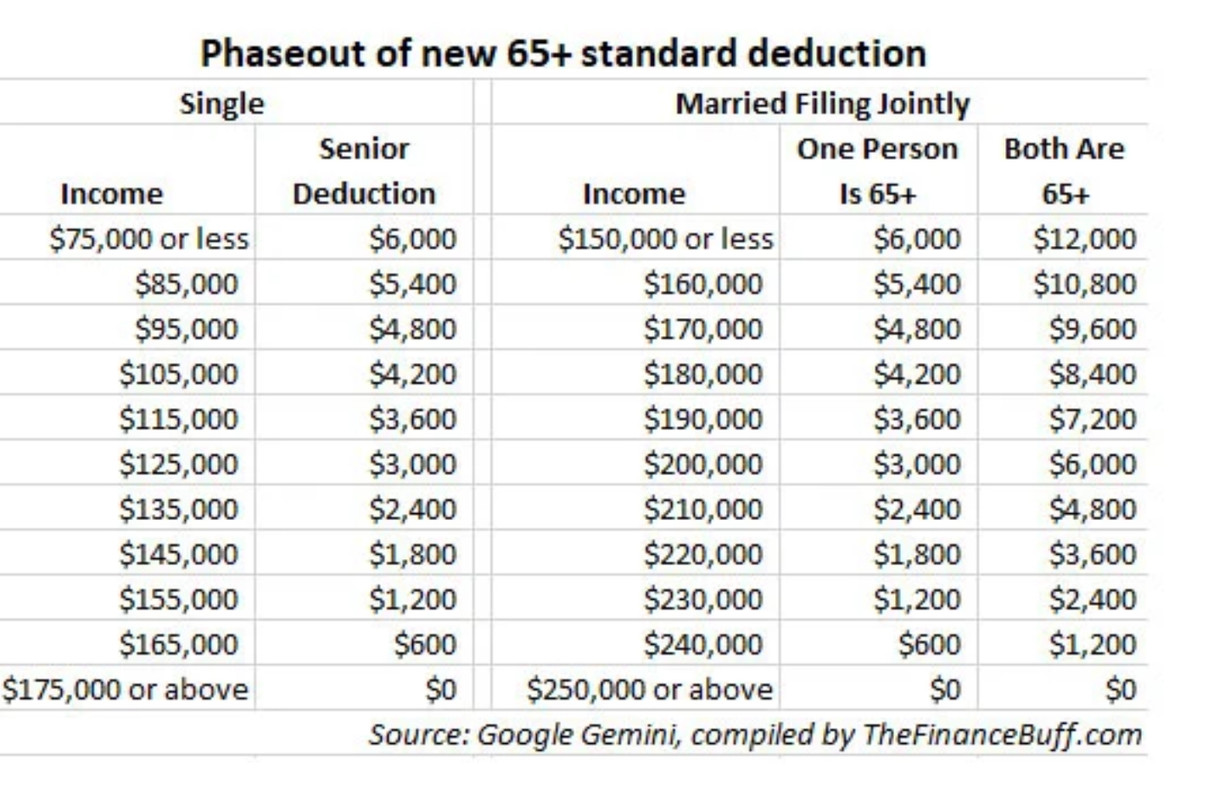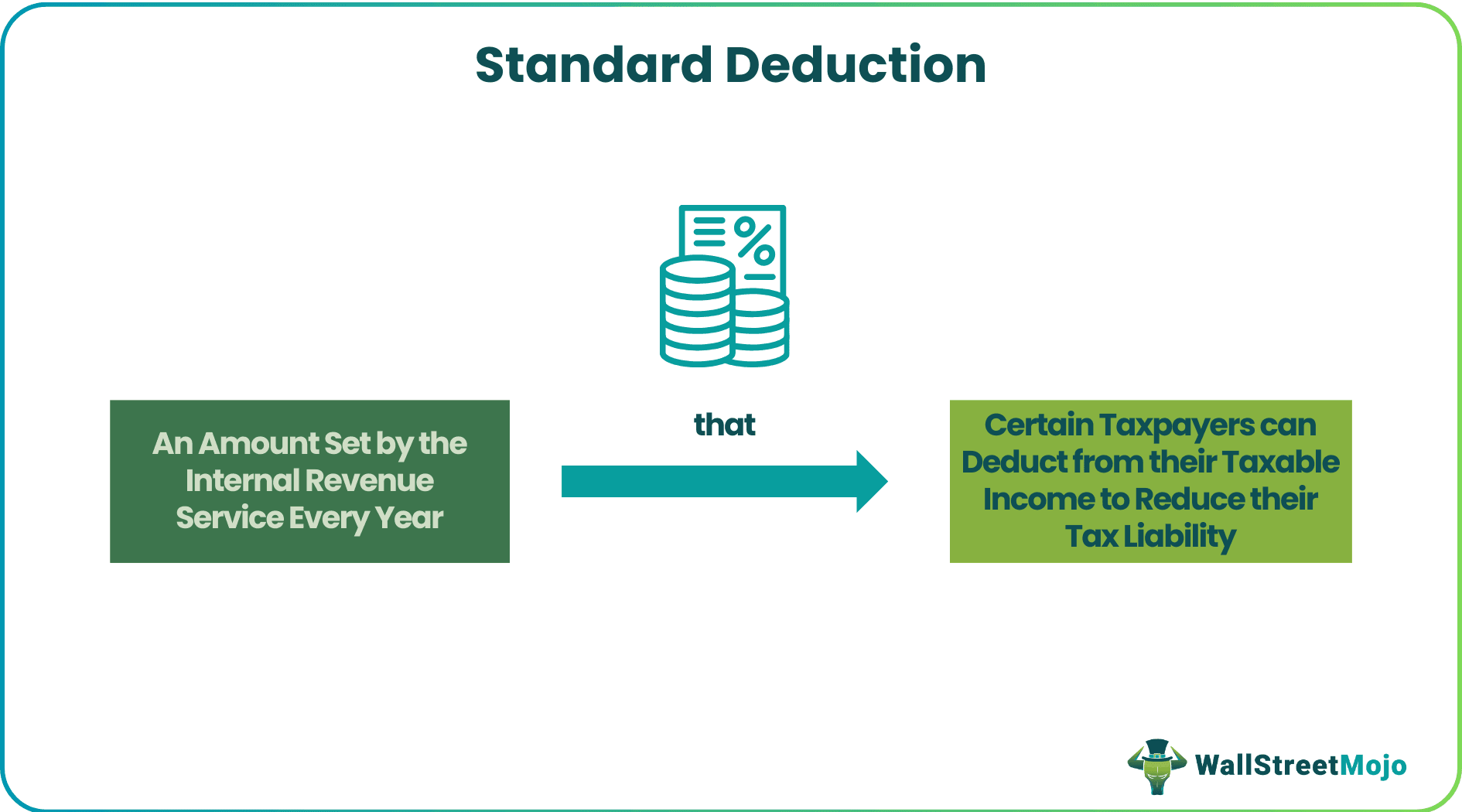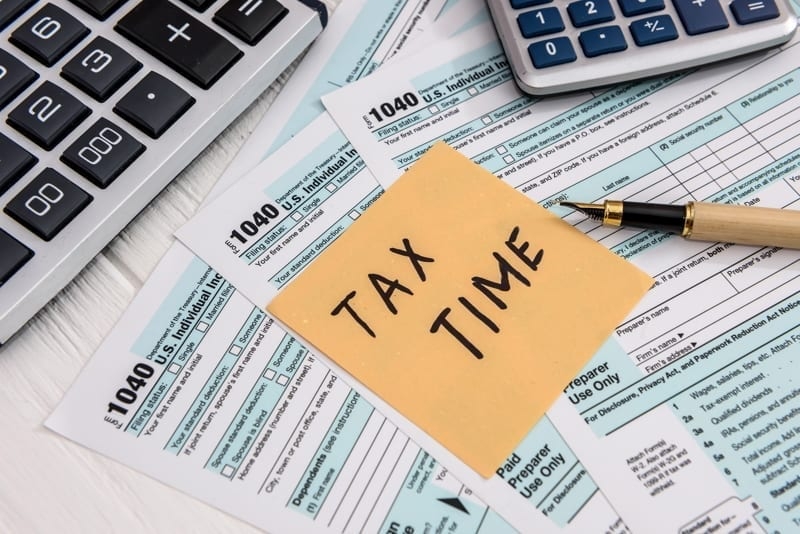Everyday examples of how the FEIE Standard Deduction influences taxable income
All About the Foreign Earned Earnings Exemption: Optimizing Your Requirement Reduction Perks
The Foreign Earned Income Exemption (FEIE) presents a beneficial possibility for united state citizens living abroad to lessen their tax obligation liabilities. Recognizing the eligibility criteria is crucial for those seeking to profit from this exclusion. Asserting the standard reduction can boost overall tax advantages. Managing this process entails mindful attention to detail and a recognition of common risks. Exploring these aspects can give clearness and make the most of potential tax benefits.
Understanding the Foreign Earned Income Exclusion (FEIE)
The Foreign Earned Income Exemption (FEIE) permits U.S. people and resident aliens working abroad to leave out a portion of their foreign earnings from federal earnings tax. This provision acts as a monetary relief device, allowing expatriates to retain a larger share of their earnings earned in international nations. By minimizing taxed earnings, the FEIE aids relieve the problem of dual taxation, as individuals might also go through taxes in their host countries. The exclusion applies only to made revenue, which includes incomes, wages, and expert fees, while easy income and financial investment gains do not qualify. To gain from the FEIE, individuals have to submit particular forms with the internal revenue service, outlining their foreign incomes and residency - FEIE Standard Deduction. Comprehending the subtleties of the FEIE can substantially influence economic preparation for united state citizens living overseas, making it crucial for expatriates to remain informed concerning this helpful tax provision
Qualification Standards for the FEIE
To get the Foreign Earned Earnings Exclusion (FEIE), people should fulfill specific qualification criteria. This consists of satisfying residency demands, passing the physical visibility test, and developing a tax obligation home in an international country. Each of these factors plays an important function in figuring out whether one can gain from the exemption.
Residency Demands
Meeting the residency demands is vital for people looking for to get the Foreign Earned Income Exclusion (FEIE) To be qualified, taxpayers must establish an authentic house in a foreign country or nations for an uninterrupted duration that commonly extends a whole tax year. This requirement emphasizes the requirement of a much deeper link to the international place, moving past plain physical presence. Individuals need to show their intent to live in the international nation and have actually established their living circumstance there. Aspects such as the size of stay, sort of real estate, and regional neighborhood participation are thought about in figuring out residency. Meeting these standards is crucial, as failure to do so may disqualify one from taking advantage of the FEIE.
Physical Existence Test
Establishing qualification for the Foreign Earned Revenue Exclusion (FEIE) can likewise be achieved through the Physical Visibility Test, which requires people to be literally present in a foreign nation for a minimum of 330 full days throughout a successive 12-month duration. This examination is valuable for those who might not satisfy the residency need yet still live abroad. The 330 days should be full days, indicating that any type of day spent in the United States does not count toward this total amount. It is essential for people to preserve exact records of their traveling days and areas to support their claims. Efficiently passing this test can significantly minimize taxable earnings and boost economic end results for migrants.
Tax Home Place
Tax home location plays an essential function in identifying eligibility for the Foreign Earned Revenue Exemption (FEIE) To qualify, an individual must establish a tax obligation home in an international nation, which means their key place of company is outside the USA. This is unique from a mere home; the private need to perform their work in the international country while keeping a considerable connection to it. The internal revenue service requires that the taxpayer can show the intent to continue to be in the international area for an extensive duration. Additionally, preserving a home in the U.S. can complicate eligibility, as it may recommend that the individual's real tax obligation home is still in the USA. Comprehending this criterion is essential for making best use of FEIE benefits.
Exactly how to Claim the FEIE on Your Income Tax Return
Declaring the Foreign Earned Revenue Exemption (FEIE) on an income tax return requires careful attention to information and adherence to particular internal revenue service standards. Taxpayers have to first validate qualification by satisfying either the authentic residence test or the physical presence test. When eligibility is confirmed, they have to complete IRS Form 2555, which information international made revenue and pertinent information regarding their get redirected here tax obligation home.
It is necessary to report all international income properly and preserve ideal paperwork to support cases. Taxpayers ought to also recognize the maximum exclusion restriction, which undergoes yearly modifications by the internal revenue service. Declaring Form 2555 alongside the yearly income tax return allows taxpayers to exclude a portion of their international profits from U.S. taxation. It is advisable to get in touch with a tax obligation specialist or Internal revenue service resources for upgraded details and support on the FEIE procedure, ensuring compliance and maximization of possible benefits.

The Criterion Reduction: What You Required to Know
Just how does the basic reduction effect taxpayers' total monetary circumstance? The standard deduction works as a significant tax obligation benefit, decreasing taxable revenue and potentially decreasing tax responsibilities. For the tax year 2023, the basic reduction is set at $13,850 for single filers and $27,700 for couples submitting jointly. This reduction streamlines the declaring process, as taxpayers can choose for it rather than making a list of reductions, which calls for comprehensive record-keeping.

Taxpayers making foreign income might still assert the conventional deduction, benefiting from decreased taxable revenue also while making use of the Foreign Earned Income Exclusion (FEIE) However, it is vital to keep in mind that the typical reduction can not be incorporated with itemized reductions for the very same tax obligation year. As a result, recognizing the basic deduction allows taxpayers to make enlightened decisions regarding their tax strategies, optimizing available benefits while ensuring conformity with internal revenue service laws
Methods for Maximizing Your Reductions
Optimizing reductions under the Foreign Earned Earnings Exemption needs a clear understanding of gained revenue limits and the benefits of claiming real estate exclusions. Additionally, making use of Form 2555 successfully can boost the capacity for considerable tax savings. These strategies can greatly influence the total tax responsibility for expatriates.
Understand Gained Revenue Limitations
While lots of expatriates look for to lower their tax concern, recognizing the made earnings limitations is necessary for efficiently leveraging the Foreign Earned Earnings Exclusion. The Irs (INTERNAL REVENUE SERVICE) establishes certain limits that determine the optimum quantity of foreign earned income eligible for exclusion. For the tax year 2023, this limitation is $120,000 per certified individual. Exceeding this limit may result in taxation on the income over the limitation, lessening the advantages of the exemption. To optimize deductions, expatriates should maintain exact records of their foreign made earnings and evaluate their eligibility for the exemption each year. Strategic intending around these limitations can significantly improve tax obligation savings, allowing expatriates to maximize their financial scenario while living abroad.
Claiming Real Estate Exclusion Benefits
Many migrants neglect the possible advantages of asserting the Housing Exclusion, which can substantially minimize their gross income. This exclusion enables people living abroad to subtract particular real estate costs from their gross income, making it easier to fulfill economic responsibilities without sustaining considerable tax liabilities. To maximize this benefit, expatriates must confirm they qualify based upon their house and work circumstances. Furthermore, comprehending eligible expenses-- such as rental fee, energies, and upkeep-- can improve the total reduction. Keeping complete documents of these expenses is essential for substantiating cases. By purposefully maneuvering my link with the Housing Exemption, expatriates can notably lower their tax worry and maintain even more of their incomes while living overseas, inevitably enhancing their financial wellness.
Use Type 2555 Properly
Using Kind 2555 properly can greatly enhance the financial benefits readily available to migrants, especially after capitalizing on the Housing Exemption. This form enables people to claim the Foreign Earned Earnings Exemption, which can considerably lower gross income. To optimize reductions, migrants need to confirm they fulfill the credentials, including the physical existence test or the bona fide home examination. It is vital to accurately report all foreign made income and to maintain extensive records of eligibility. Additionally, utilizing the Housing Exemption in tandem with Kind 2555 can additionally decrease overall tax liability. By understanding the complexities of these types, expatriates can maximize their tax obligation circumstance and retain more of their hard-earned revenue while living abroad.
Usual Risks to Avoid When Declaring Your Tax Obligations Abroad

Frequently Asked Questions
Can I Declare Both FEIE and the Foreign Tax Credit History?
Yes, a person can declare both the Foreign Earned Earnings Exemption (FEIE) and the Foreign Tax Credit Report (FTC) Nevertheless, they should ensure that the exact same earnings is not utilized for both benefits to avoid dual benefits.
What Takes place if I Go Beyond the FEIE Revenue Limitation?
Surpassing the Foreign Earned Earnings Exclusion (FEIE) revenue limitation leads to the ineligibility for the exclusion on the excess quantity. This might result in gross income in the United States, needing suitable tax filings.
Are There Any Type Of State Tax Ramifications for FEIE?
State tax ramifications for the Foreign Earned Earnings Exclusion (FEIE) differ by state. Some states might tire foreign revenue while others adhere to government exemptions, making it crucial for individuals to seek advice from state-specific tax obligation guidelines for quality.

How Does FEIE Influence My Social Security Benefits?
The Foreign Earned Earnings Exclusion (FEIE) does not directly impact Social Protection benefits. Earnings excluded under FEIE might influence the computation of ordinary indexed regular monthly revenues, possibly influencing future benefits.
Can I Withdraw My FEIE Political Election After Asserting It?
Yes, a person can revoke their International Earned Revenue Exclusion (FEIE) political election after claiming it. This cancellation should be done in creating and sent to the internal revenue service, adhering to certain standards and deadlines.
Comprehending the Foreign Earned Income Exemption (FEIE)
The Foreign Earned Income Exclusion RevenueExemption) allows U.S. citizens united state residents aliens working abroad to exclude an omit of part foreign earnings international revenues income government. Taxpayers making foreign earnings may still assert the common reduction, profiting from decreased taxed earnings also while using the Foreign Earned Earnings Exemption (FEIE) Making best use of deductions under the Foreign Earned Income Exclusion requires a clear understanding of made revenue restrictions and the advantages of asserting real estate exclusions. While lots of expatriates look for to reduce their tax try here problem, comprehending the gained income restrictions is crucial for efficiently leveraging the Foreign Earned Income Exemption. Going Beyond the Foreign Earned Income Exclusion (FEIE) earnings limitation results in the ineligibility for the exclusion on the excess amount.